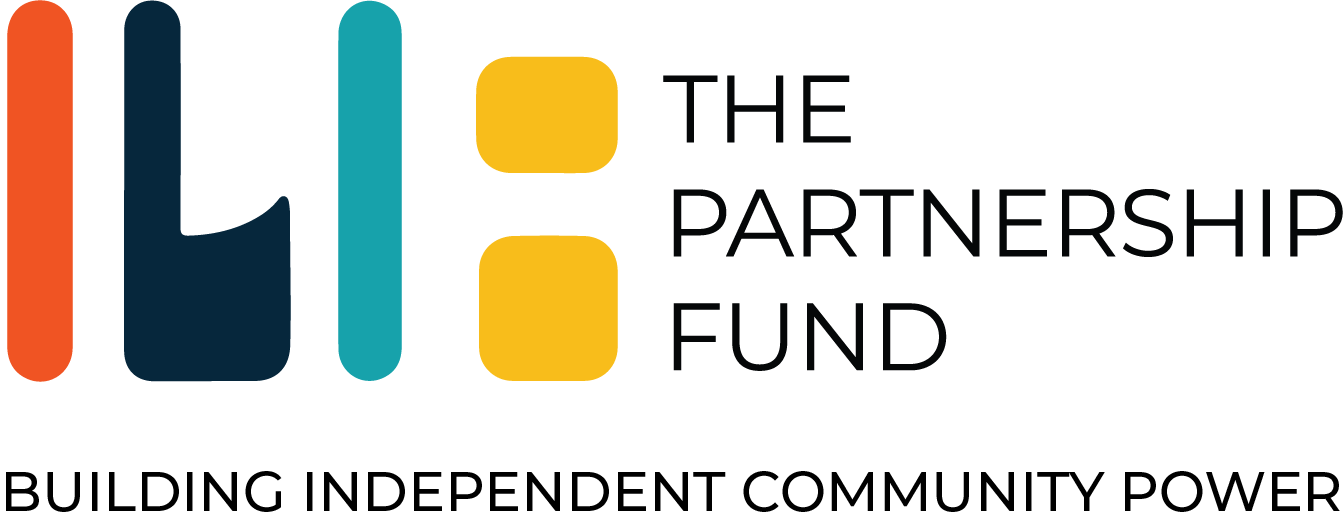The Emerging Southern Strategy
“Not everything that is faced can be changed, but nothing can be changed until it is faced.” - James Baldwin
A photo of Emmet Till’s Funeral where distraught friends and family view his open casket.
In 2020 the Partnership Fund is piloting an expansion to southern states. We are looking to Georgia, North Carolina, South Carolina, and Tennessee to support black led organizations with a history and legacy of doing community organizing, policy advocacy, and direct action. As always, we look to membership based organizations that are foundational statewide infrastructure to identify potentially powerful infrastructure interventions that are locally rooted and center the lived experiences of the communities the organizations serve. This is an experiment for the funds to a new southern infrastructure intervention built upon the Culture Shift model developed by Anasa Troutman at The Movement Strategy Center in Oakland, CA. The Southern Strategy Initiative will employ the tenants of cultural strategy, restorative community development, and community wealth building. These holistic, restorative economic interventions will transform what is possible from one community to the next while centering the resources and wisdom that is indigenous to each community.
An illustration titled “Foster Your Light” where a black individual is holding a plant and abstract images of people lifting each other up, protesting, & speaking are coming out of the plant.
Why The South?
by Anasa Troutman
When we think about the transformation of the United States and the desire for a racially and economically just America, our only option is to first consider The South.
In 2019, the “Year of Return” commemoration of the first slave ship to land in Virginia in 1619 brought us many reflections on the impact of Slavery on modern America. One of the most poignant reflections lies is the second episode of Nikole Hannah-Jones’ 1619 podcast called, “The Economy That Slavery Built”. During the episode Matthew Desmond, Professor of Sociology at Princeton University sets a frame that explains the connection between then and now.
Desmond begins by describing the magnitude of the southern slave economy, “...at the height of slavery, the combined value of all enslaved peple was more than that of all of the railroads and all of the factories of the nation combined...The enslaved workforces in America was where the country’s wealth resided.” He goes on to say, “Slavery allows this poor, fledgling nation to turn into a colossal powerhouse in the global economy. But what slavery also created was a culture in American capitalism that was incredibly brutal...Its tolerance for inequality...The level of poverty we have here, compared to other industialized societies...its the cultue that brought us the Panic of 1837, the stock-market crash of 1928, the global financial crisis in 2008.”
To compound the issues that were and are created in The South by being the seat of the Slave Economy, there is also the issue of the Left’s response to the effect of the Repulican electoral Southern Strategy of the 60’s and 70’s. Before the unfolding of this strategy many southerners were loyalist to the Democratic party, but as a result of the Republican Party’s intentional learning into the lingering white backlash against reconstruction, the majority of southern whites abandoned their democratic roots and joined the Republican ranks.
The response of Democrats, and ultimately of The Progressive Left was to abandon The South. Instead of working to defend the narrative of the New South and grow a base of progressive support, the choice was made to abandon the southern electorate, and most egregiously, Black communities that were already suffering from the impact of Jim Crow and the ongoing terror of white supremacy.
This choice of white liberals to cut bait in the South was both a tactical and a moral failure. This is true not only for the crime of abandoning millions of people in the chase for electoral votes, but also for specifically abandoning communities of African American people in the most tender parts of our nation because of white liberals' unwillingness to deal with the question of race.
But the real truth is that even if America was fully equipped to address the challenge of race, unless the culture of brutality that is baked into our economy is transformed, even the most deeply felt healing across race will remain incomplete.
The slaughter of indigenous people being the first, the deep South is ground zero for the second of this Nation’s “original sins.” This sin that created the brutal economy under which we all suffer today, regardless of race or class. Arkansas based artist and cultural worker, Tufara Waller Muhammud ponders the question, “What if in order to heal our communities, we have to return to the places where we were wounded.” Her notion of being “healed in the field” is at the center of this project. We must return to the South and we must do it in the realm of the economy.
To change the course of America, we must look into the heart of Black Southern communities. Therein lies the roadmap to our collective liberation.
In this moment when southern communities have more agency and access than ever and the progressive philanthropic and political communities are turning their attention back towards southern states, it is critical that we support the important work of front line institutions and activists, but we must not stop there. We must also engage in work that will address the root causes of the malady of America and do so with authentic Southern Black leadership at the center. If we want sustainable access to joy and freedom for our communities all over the country, we first must shift the culture of the economy in The South from the one of brutality described by Matthew Desmond to one of abundance, mutual care, sustainability, and love.


